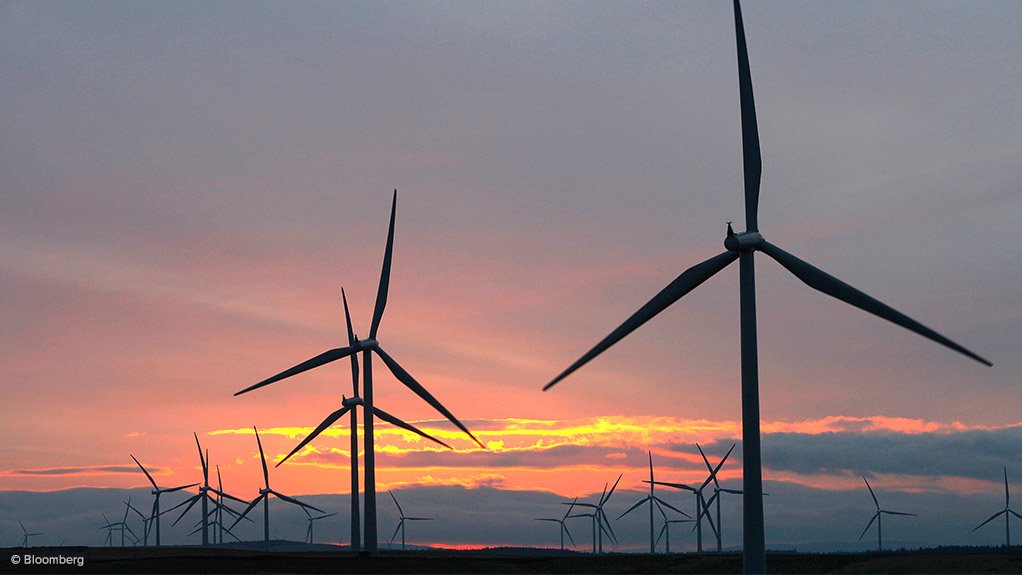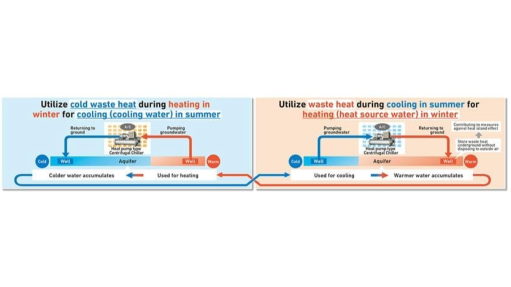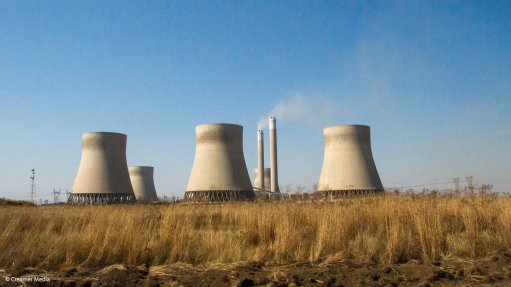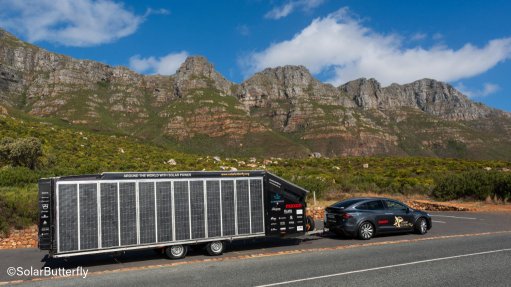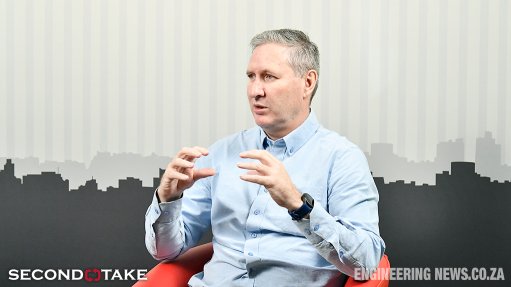Private-sector climate investments in Africa low, but growing fast
Although climate change-related finance in Africa still comes overwhelmingly from public institutions, such funding from the private sector is growing fast. This was highlighted in the 'Climate Financing in Africa: Strategies for the Future' report, released on Wednesday by the African Private Sector Capital Association (AVCA) and the Tony Blair Institute for Global Change (TBI).
While governments, development aid agencies and development finance institutions were together responsible for $23.6-billion in climate financing in Africa in 2019/20, the private sector contributed only $3.4-billion. However, over the decade from 2012 to 2022, private sector climate funding in Africa increased four-fold and had, over this period, totalled $17.4-billion.
These private sector investments were spread across 822 separate business deals. These included 333 ventures in the clean energy and technology sector, with a total value of $14-billion, which came to 81% of total private investments by value. Climate solutions ventures saw 251 deals, with a value of $2.3-billion. Low carbon projects numbered 96, worth $0.3-billion. But low carbon project funding had the highest compound annual growth rate, of 23%, between 2002 and 2022.
Although 49% of these private investments were made into technology or technology-enabled companies and projects, only 0.2% of global climate technology investments were made into Africa.
The sources of these investments (into all climate-related sectors, not technology alone) were, in 2022, venture capital (63%, by volume, of all the deals), private equity (16.5%), private debt (13.5%) and infrastructure (7%).
In terms of the African entities that received this funding, the biggest category was utilities, which received $14.6-billion, or 84% of the total by value, and 42% by deal volume. These investments were predominantly into renewable energy projects, and particularly solar energy plants. Solar accounted for 49% of the utilities deals.
The other main areas for private climate funding in Africa were information technology (IT), which accounted for 18% of the deals, by volume, followed by the consumer discretionary category (13%). The majority of IT investment (55% of deals) was into semiconductor manufacturing, these being essential components in renewable energy technologies.
In terms of geography, the region which saw the greatest number of deals by volume was East Africa (32%), dominated by Kenya. But the region that saw the greatest inflow of “green capital” was West Africa (25% by value), although the biggest element in this ($2.7-billion) was to fund a series of projects in Ghana. Southern Africa saw 18% of total deals by volume and 19% by value, driven by South Africa’s performance, which the report described as “strong”.
AVCA and TBI surveyed private sector climate investors in Africa. They found that 82% reported strong business cases and sufficient financial incentives for climate investments across the continent. The investors identified the most attractive investment sectors as renewable energy (71%), agriculture (47%) and transport (35%). But only 6% thought that Africa’s investment readiness was high enough to leverage climate-resilient investment. And they identified the three biggest barriers to private climate investment in Africa as a dearth of large bankable opportunities (71%), a high risk-to-return profile (53%) and unclear national-level climate policy objectives (41%).
“The climate financing trajectory is certainly on the right path but the urgency of the crisis across Africa demands it is accelerated,” affirmed AVCA research head Nadia Kouassi Coulibaly. “The areas in need of support are evident and stakeholders require a clear development path. A clear plan will help realise their bold but necessary commitments to strengthening Africa’s climate resilience and mobilise greater private capital participation.”
Comments
Announcements
What's On
Subscribe to improve your user experience...
Option 1 (equivalent of R125 a month):
Receive a weekly copy of Creamer Media's Engineering News & Mining Weekly magazine
(print copy for those in South Africa and e-magazine for those outside of South Africa)
Receive daily email newsletters
Access to full search results
Access archive of magazine back copies
Access to Projects in Progress
Access to ONE Research Report of your choice in PDF format
Option 2 (equivalent of R375 a month):
All benefits from Option 1
PLUS
Access to Creamer Media's Research Channel Africa for ALL Research Reports, in PDF format, on various industrial and mining sectors
including Electricity; Water; Energy Transition; Hydrogen; Roads, Rail and Ports; Coal; Gold; Platinum; Battery Metals; etc.
Already a subscriber?
Forgotten your password?
Receive weekly copy of Creamer Media's Engineering News & Mining Weekly magazine (print copy for those in South Africa and e-magazine for those outside of South Africa)
➕
Recieve daily email newsletters
➕
Access to full search results
➕
Access archive of magazine back copies
➕
Access to Projects in Progress
➕
Access to ONE Research Report of your choice in PDF format
RESEARCH CHANNEL AFRICA
R4500 (equivalent of R375 a month)
SUBSCRIBEAll benefits from Option 1
➕
Access to Creamer Media's Research Channel Africa for ALL Research Reports on various industrial and mining sectors, in PDF format, including on:
Electricity
➕
Water
➕
Energy Transition
➕
Hydrogen
➕
Roads, Rail and Ports
➕
Coal
➕
Gold
➕
Platinum
➕
Battery Metals
➕
etc.
Receive all benefits from Option 1 or Option 2 delivered to numerous people at your company
➕
Multiple User names and Passwords for simultaneous log-ins
➕
Intranet integration access to all in your organisation



